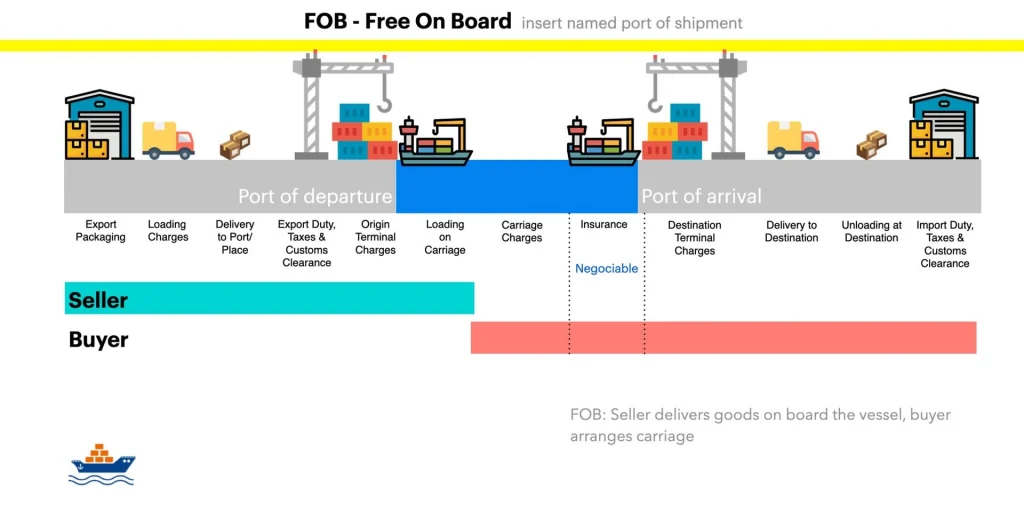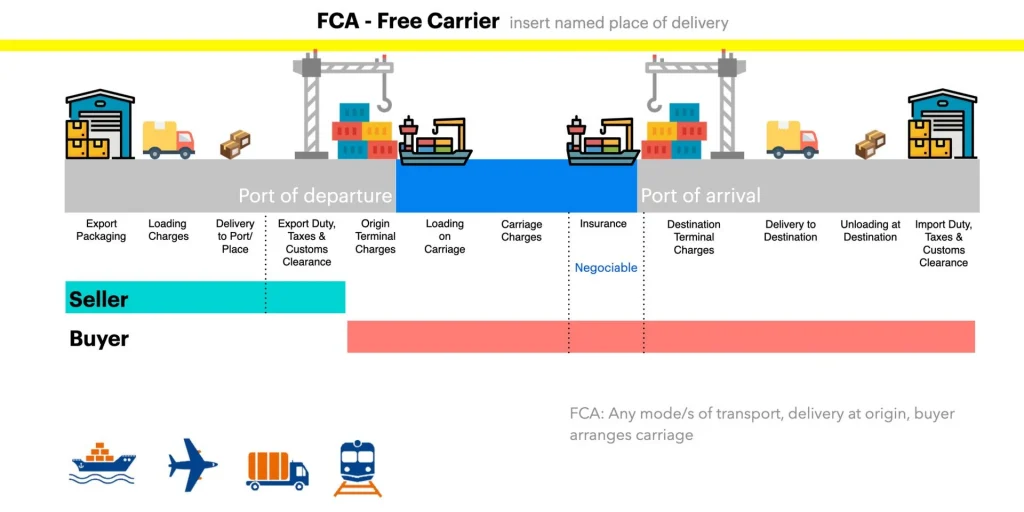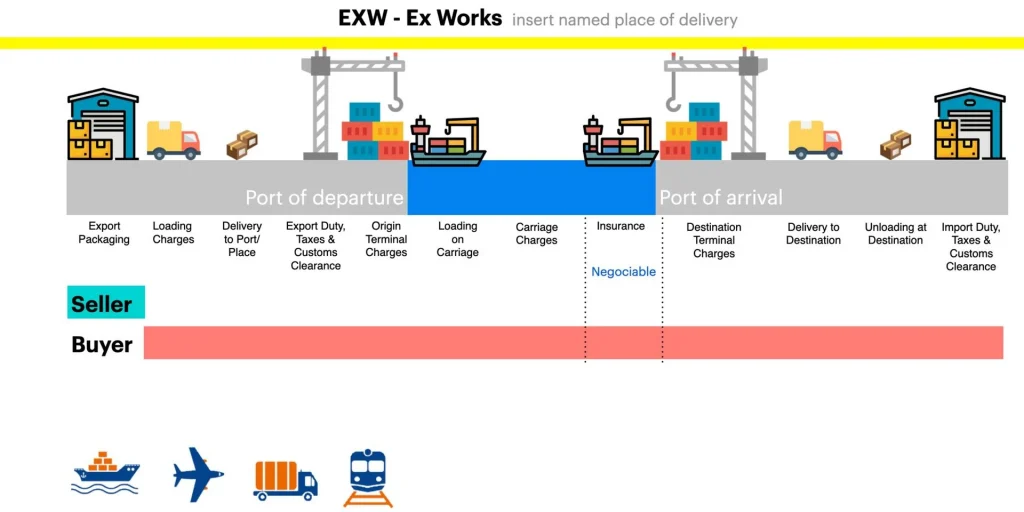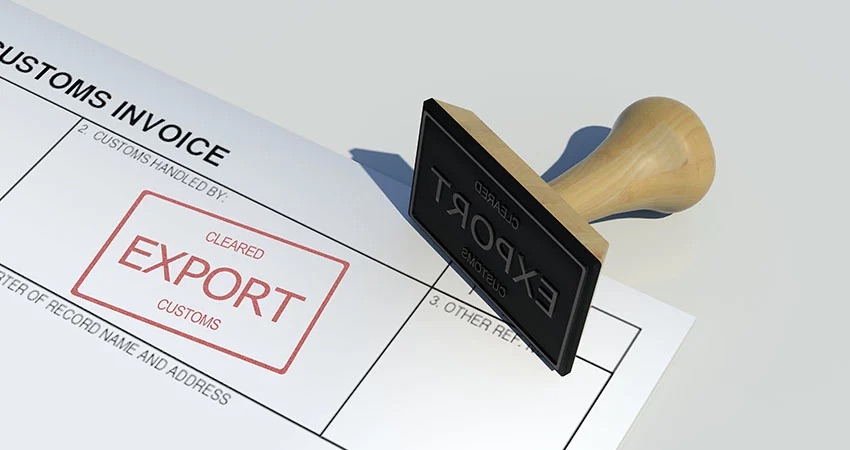FOB (Free on Board)
FOB (Free on Board) is one of the 11 Incoterms defined in the Incoterms 2020, published by the International Chamber of Commerce (ICC). It is an Incoterm that is commonly used in international trade when the buyer and seller are located in different countries and the buyer is responsible for arranging and paying for the transportation of the goods. Under FOB, the seller is responsible for delivering the goods on board a vessel at a named port of shipment. The buyer is responsible for the loading of the goods on the vessel, the transportation costs and risks from that point on, including arranging and paying for the transportation, obtaining any necessary export or import licenses and permits, and paying any applicable duties or taxes. Responsibilities and Obligations of Buyer and Seller The seller’s responsibilities under FOB include: Delivering the goods on board a vessel at a named port of shipment Loading the goods onto the transport vehicle (if agreed upon) Obtaining any necessary export licenses or permits The buyer’s responsibilities under FOB include: Arranging and paying for the loading of the goods on the vessel Arranging and paying for transportation of the goods Obtaining any necessary import licenses or permits Paying any applicable duties or taxes Bearing the risk of loss or damage to the goods once they are loaded onto the vessel Advantages of using FOB include: The buyer has more control over the transportation arrangements as they can choose the carrier and mode of transportation The seller is not responsible for loading the goods onto the vessel Disadvantages of using FOB include: The buyer bears all the risks and costs associated with the transportation of the goods The buyer is also responsible for obtaining any necessary licenses or permits and paying any applicable duties or taxes The buyer is also responsible for arranging and paying for the loading of the goods onto the vessel, which can be a costly and complex process. Examples of when to use FOB include: When the buyer is located near a port and has the capability to arrange for the loading of the goods onto the vessel When the buyer has established relationships with carriers and can obtain favorable transportation rates When the goods are bulky or heavy and require special handling or equipment to load or unload When the buyer is importing goods into a country with a well-established customs clearance process and minimal import restrictions. It’s important to note that FOB is a more advanced Incoterm than EXW, FCA, and FAS and it shifts some of the responsibilities and risks from the seller to the buyer. It’s important for the buyer to carefully consider their capabilities and resources before choosing to use FOB in a trade agreement, and to consult with legal and logistics experts to ensure compliance with laws and regulations. Additionally, it’s important to agree and specify the exact place of delivery, the name of the port, and any other relevant details in the sales contract. It’s also important to note that the point at which the risk of loss or damage to the goods passes from the seller to the buyer under FOB is when the goods are loaded onto the shipping vessel, which can be different from other Incoterms where the risk passes at different points, such as at the seller’s premises or at the named place of delivery.
FOB (Free on Board) Read More »






